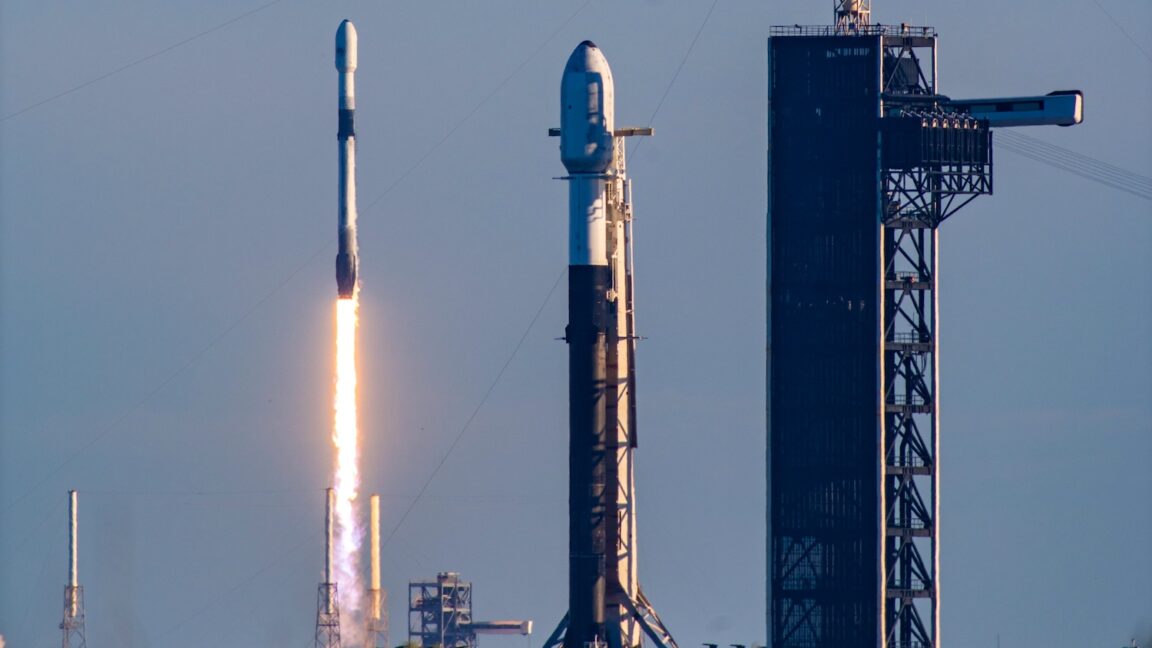The draft order comes as SpaceX is ramping up its ambitious project to build a reusable deep-space rocket to carry people to Earth’s orbit, the moon and eventually Mars. The rocket, called Starship, is the largest, most powerful ever built, standing 403 feet tall with its booster. The company has hit some milestones but has also been beset by problems, as three of the rockets launched from Texas this year have exploded—disrupting air traffic and raining debris on beaches and roads in the Caribbean and Gulf waters.
The draft order also seeks to restrict the authority of state coastal officials who have challenged commercial launch companies like SpaceX, documents show. It could lead to federal officials interfering with state efforts to enforce their environmental rules when they conflict with the construction or operation of spaceports.
Derek Brockbank, executive director for the Coastal States Organization, said the proposed executive order could ultimately force state commissions to prioritize spaceport infrastructure over other land uses, such as renewable energy, waterfront development, or coastal restoration, along the coastline. His nonprofit represents 34 coastal states and territories.
“It’s concerning that it could potentially undermine the rights of a state to determine how it wants its coast used, which was the very fundamental premise of the congressionally authorized Coastal Zone Management Act,” he said. “We shouldn’t see any president, no matter what their party is, coming in and saying, ‘This is what a state should prioritize or should do.’”
SpaceX is already suing the California Coastal Commission, accusing the agency of political bias and interference with the company’s efforts to increase the number of Falcon 9 rocket launches from Vandenberg Space Force Base. The reusable Falcon 9 is SpaceX’s workhorse rocket, ferrying satellites to orbit and astronauts to the International Space Station.
The changes outlined in the order would greatly benefit SpaceX, which launches far more rockets into space than any other company in the US. But it would also help rivals such as Jeff Bezos’ Blue Origin and California-based Rocket Lab. The companies have been pushing to pare down oversight for years, warning that the US is racing with China to return to the moon—in hopes of mining resources like water and rare earth metals and using it as a stepping stone to Mars—and could lose if regulations don’t allow US companies to move faster, said Dave Cavossa, president of the Commercial Space Federation, a trade group that represents eight launch companies, including SpaceX, Blue Origin, and Rocket Lab.
Source link
